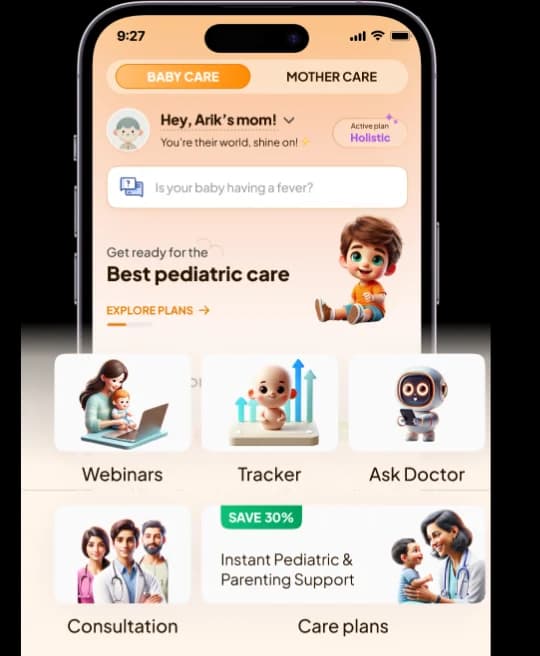
Vaccinating children on time is crucial, especially in their early years. Infants and young children who have not been immunized are at risk of contracting a wide variety of serious infections.
Let’s learn 6-in-1 vaccine for infants in detail.
What Is 6 In 1 Vaccination?
The 6-in-1 vaccine is a combination shot that protects babies from 6 diseases with just one shot. It is also one of the initial vaccinations that your infant will receive.
It is administered as a single shot to protect against six major pediatric illnesses:
- Diphtheria
- tetanus
- pertussis (whooping cough)
- poliomyelitis
- influenza type B Haemophilus
- hepatitis B
Compared to receiving multiple vaccinations, fewer needle pricks are required, but the level of protection is maintained.
Benefits Of The 6-In-1 Vaccine
The 6-in-1 vaccine is suitable for babies and their parents in many ways.
The Positive Effects on Infants-
- Consistent safety at the right time
- Fewer needle sticks
- Fewer injections, less pain
Positive Effects on Children and Their Parents-
- More convenience
- Fewer doctor visits
- Fewer days off from work or family commitments
FAQ
How is the 6-in-1 vaccination given?
The 6-in-1 vaccine is injected into the thigh of your infant.
